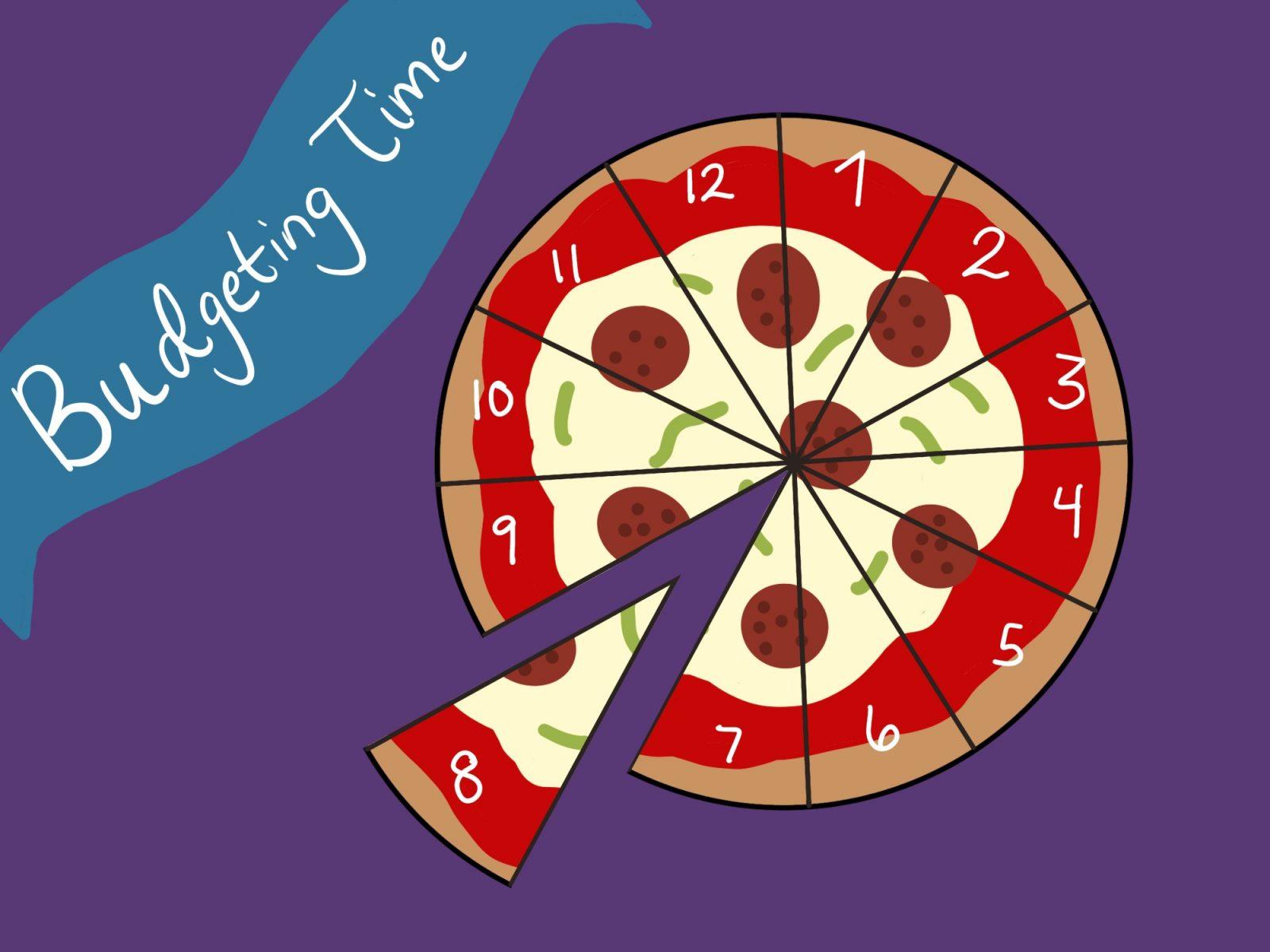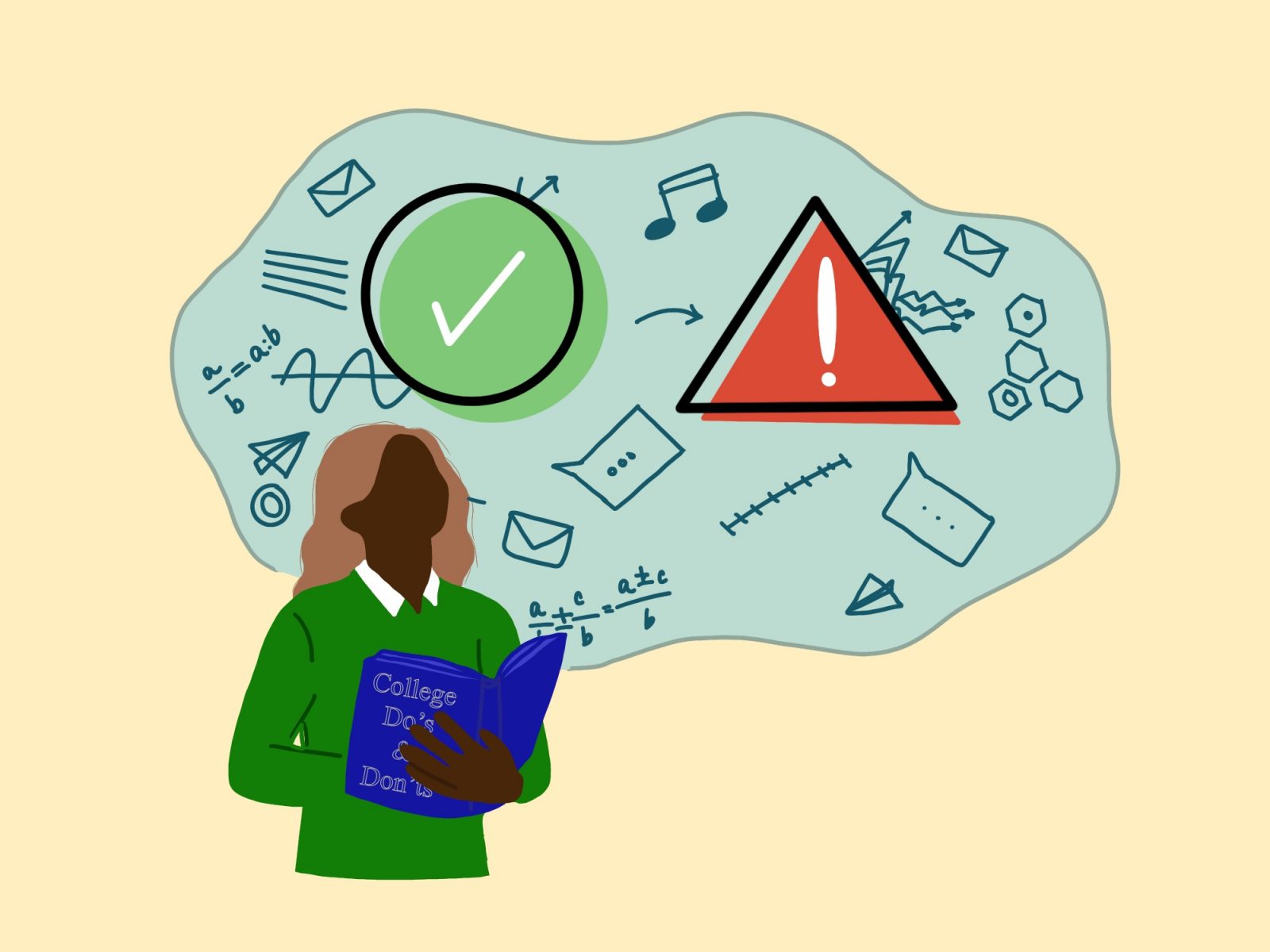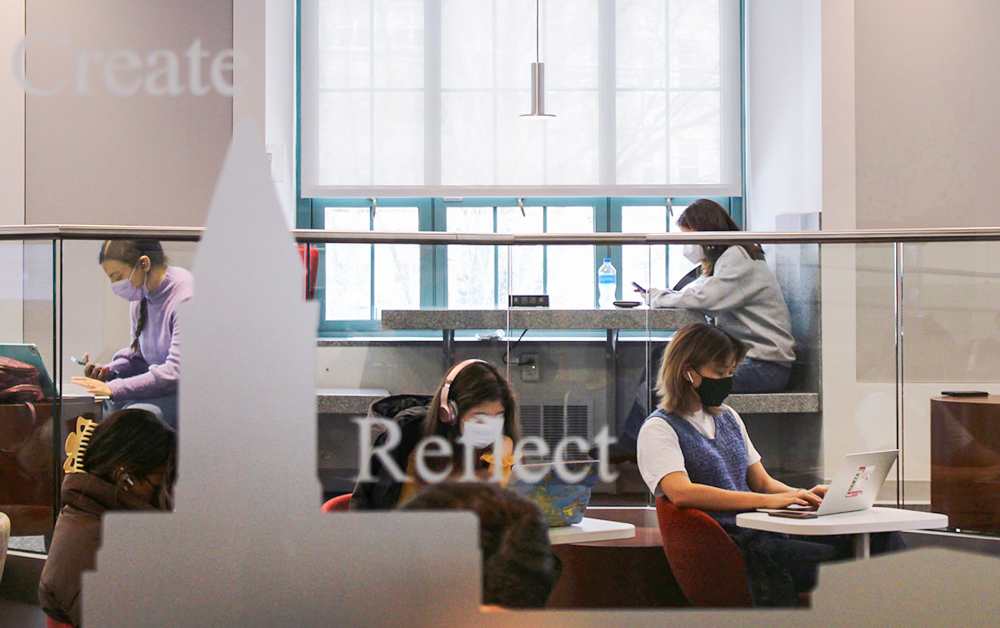While a new study reports students who pursue double-major degrees are more likely to develop integrative thinking skills than students who do not, BU officials said not all students benefit from double majoring.
College of Arts and Sciences Associate Dean for Student Academic Life Steven Jarvi said pursuing a double major is only worthwhile if the student is genuinely interested in both subjects he or she chooses to study.
“If there are two things that you are passionate about, it makes sense, but it doesn’t make sense if you’re doing it just to look good to an employer,” he said. “It’s a waste of time and money to do something just to look good.”
However, Jarvi said employers might see students who pursue double majors as having certain positive character traits.
“The double major also could just reflect the student’s motivation and initiative, and that is never a bad thing to demonstrate to an employer,” he said.
Vanderbilt University professors Richard Pitt and Steven Tepper surveyed 1,760 students from nine different colleges. Of those students, 19 were double majors, according to the study.
About 76 percent of double majors responded that their main reason for double majoring was to prepare themselves for the workforce.
Seventy-two percent of double majors said the subjects they chose to study expressed their individual identity, and 70 percent said the subjects they studied complemented each other, according to the study, published Friday by The Curb Center for Art, Enterprise and Public Policy.
Taking courses in two different majors might help students develop alternative ways of thinking and problem solving, according to the study.
“This, in turn, should result in more opportunities for students to cultivate a capacity for deep, integrative learning,” the study stated.
While Jarvi said he does not know which double majors BU students most often choose to pursue, many CAS students study more than one subject.
“There are definitely some double majors more popular than others,” he said. “It’s not surprising that our larger majors — psychology, international relations and economics — also have the most double majors because they just have more students in general.”
Ann Jacob, a CAS junior double majoring in international relations and political science, said she decided to pursue two fields of study because she was passionate about both.
“I am a double major because I started out as an international relations major and I just loved studying international relations,” she said. “I added political science to it because I interned in Washington, D.C. last summer and I worked a lot with domestic U.S. poverty policy and I really enjoyed it … It didn’t really have anything to do with job searches or what employers were looking for.”
Jacob said she found the majors complementary and said it made sense to study them simultaneously.
“When you put two things together, they might overlap,” she said. “You might see something in a different way when you are studying something else at the same time as something else.”
Jacob said often, students simply have more than one interest and want to learn about different topics.
“It’s true of our generation in general that we have a lot of interests, so double majoring is a good way to learn about other things you’re interested in,” she said.
Laurens Spethmann, a CAS and School of Management sophomore studying neuroscience and either entrepreneurship or law, said students might choose to study multiple subjects to take advantage of what BU has to offer.
“You’re paying nearly $250,000 — that’s what it basically comes down to — and if you have the possibility of doing a dual degree, you’re getting the most out of your time,” he said. “You’re really using that time to the highest level of effectiveness.
Spethmann said while he has been discouraged to pursue a double major, it is feasible for a student who is motivated enough to do the required work.
“If you want a dual degree, no one is going to baby you through it,” he said. “You really have to do it yourself and you have to actively pursue it yourself. There are going to be people who are critical of it.”
























































































































